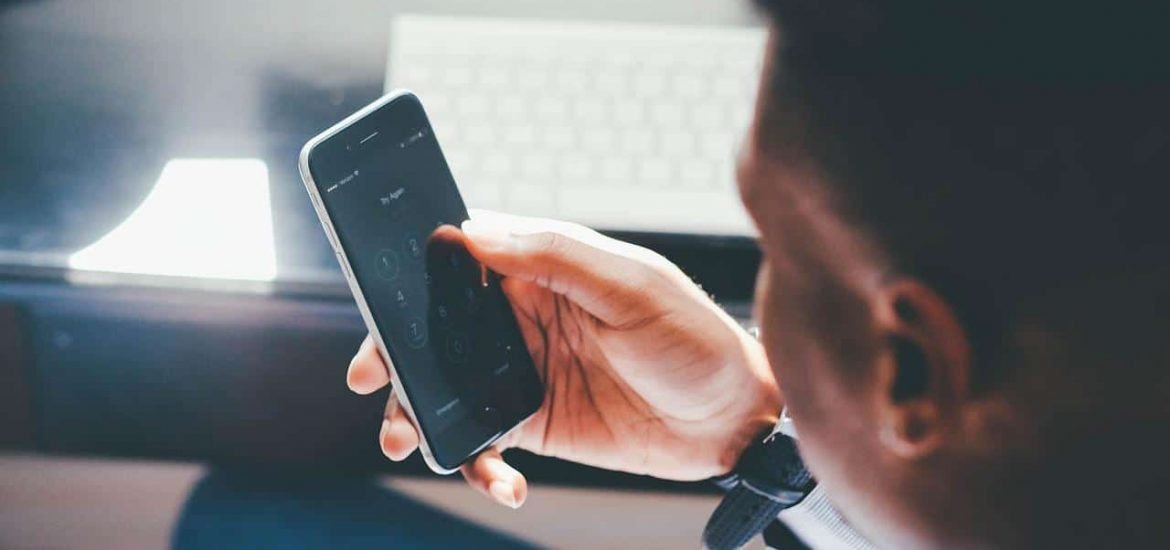
We may all use our mobile phones too much, but the good news is that we don’t have to give them up altogether to be healthier, according to a study published in the Journal of Experimental Psychology.
On average, people spend over three hours watching a mobile phone screen. It’s not just a phone anymore, mobiles are used to google, to look for directions, to check emails, to read the news, to watch films, and the list keeps hoping. Studies have shown that excessive use of mobile phones is associated with obesity, neck pain, and addictive behaviour. “The smartphone is both a blessing and a curse,” says Dr. Julia Brailovskaia based at the Ruhr-Universität Bochum (RUB) in Germany.
To find out how much these devices impact our lives, Dr. Brailovskaia and her team set out to determine if we would be better off without mobile phones. Not entirely without mobile phones, but the team wanted to determine how much less smartphone use per day is good for us.
The team of psychologists had over 600 participants divided into three groups: one group willing to live without their mobile phones for a week, another to reduce their daily by one hour, and the third to use mobiles as normal. The researchers also interviewed all participants regarding their lifestyle and well-being immediately before the study started, then again one month and four months later. The questionnaire included questions about physical activity, smoking, signs of stress, and anxiety, to name just a few.
The results were clear: the group that didn’t give up mobile phones but simply reduced their use were the ones that fared the better. Reducing the number of hours using a phone had a positive impact. “We found that both completely giving up the smartphone and reducing its daily use by one hour had positive effects on the lifestyle and well-being of the participants,” said Dr. Brailovskaia.
What’s more, in the group with limited use, these effects lasted longer and were more stable than in the abstinence group. Even four months after the experiment, members of this group still used their mobile phones less than they did before and reported less stress and better quality of life. “It’s not necessary to completely give up the smartphone to feel better,” concluded Dr. Brailovskaia. “There may be an optimal daily usage time.”
Brailovskaia J, Delveaux J, John J, Wicker V, Noveski A, Kim S, Schillack H, Margraf J (2022). Finding the “sweet spot” of smartphone use: Reduction or abstinence to increase well-being and healthy lifestyle?! An experimental intervention study. Journal of Experimental Psychology: Applied, 2022; DOI: 10.1037/xap0000430